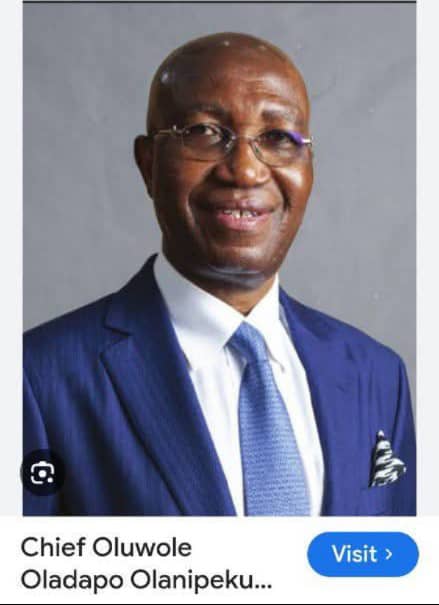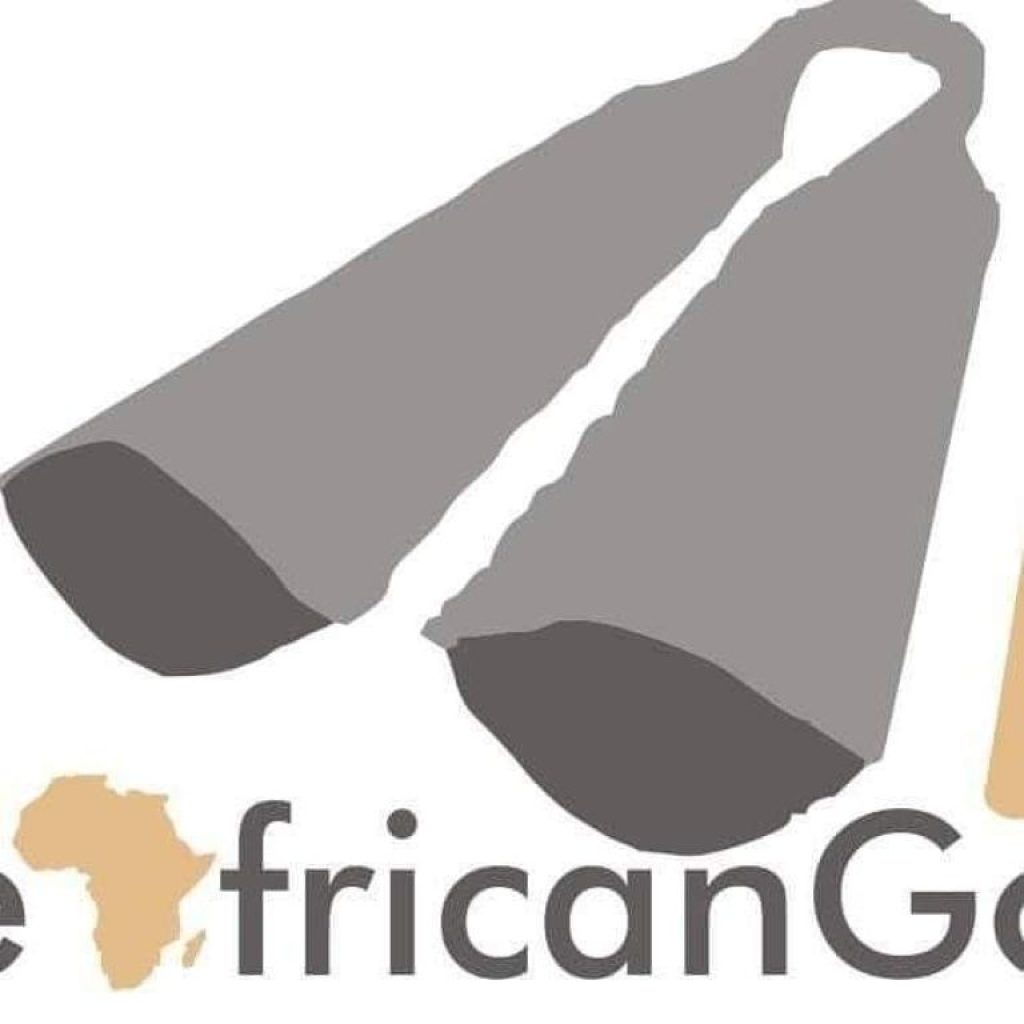
By Wale Ojo-Lanre
The name Chief Wole Olanipekun, SAN evokes awe in Nigerian legal circles. He is ranked among the three most brilliant Senior Advocates of Nigeria alive today. He has produced a son who also wears the silk. He has mentored an army of lawyers, many now towering figures in the temple of justice. He bears the title Asiwaju of Ikere-Ekiti. But the question I dare to ask — with full awareness of the risks — is this: is he truly the Asiwaju of Ikere?
As a lawyer myself who is a beneficiary of his Law School Bursary , I write not in malice but in search of truth.
If this piece provokes the lion of the Bar into dragging me before the court of law, so be it. I am ready. For as the Yoruba proverb warns, “Ewo ni ka fi eyan joye awodi ko ma le gbe adie?” — what use is it to crown a man a kite if he cannot even seize a chicken? A title without substance is a mask without a face.
But who is an Asiwaju? In Yoruba political thought, an Asiwaju is not a decorative prefix but a sacred responsibility. He is the pathfinder who leads his people with vision, courage, and sacrifice. He must embody Aristotle’s maxim: “What is the essence of life? To serve others and to do good.” To be an Asiwaju is to shoulder a people’s destiny — to be custodian of the past, steward of the present, and architect of the future.

Measured against this yardstick, Olanipekun’s life speaks volumes. In Ikere, he has etched his name in brick and mortar. He built an ultra-modern vicarage for St. Peter’s Anglican Church in memory of his father, and later raised a majestic 1,700-capacity auditorium that dominates the skyline. He constructed an amenity ward at the State Specialist Hospital, complete with an ambulance and staff support, an intervention that secured accreditation for Housemanship. He gifted his hometown a voice through New Cruse 92.7 FM, and gave her students a future by building an ICT centre at Amoye Grammar School. He even erected a magnificent High Court Complex, consecrating Ikere as a city of justice.

His scholarship schemes stand unmatched. Since 1996, his Wole Olanipekun Scholarship Scheme has changed over three thousand lives, lifting indigent but brilliant students from poverty into possibility. From secondary schools to universities and the Law School, his hand of benevolence has been steady. In 2016 alone, 206 students were beneficiaries. At the University of Ibadan, where he was Pro-Chancellor, he endowed scholarships and built a 420-seat auditorium for the Faculty of Law. At Ajayi Crowther University, he and his wife built the Vice-Chancellor’s Lodge and funded seminarians’ postgraduate studies. In 2021, he was appointed pioneer Chancellor of the Bamidele Olumilua University of Education, Science and Technology, forever binding his name to Ikere’s intellectual destiny.
Nor has he neglected the vulnerable. Through his foundation, he has empowered hundreds of widows, aged citizens, and young entrepreneurs in Ikere. Within the legal fraternity, he has handed cars to young lawyers and equipped others with laptops and tools. To borrow Cicero’s wisdom, “The life of the dead is placed in the memory of the living.” Olanipekun has ensured that Ikere’s memory of him will be anchored not in titles but in tangible deeds.
And so, we return to the question: is he truly the Asiwaju of Ikere? The evidence resounds louder than rhetoric. In the church that worships under his roof, in the hospital that heals because of his ward, in the students who graduate by his scholarships, in the radio that amplifies Ikere’s voice, in the widows whose tears he has dried — the answer is clear. He is not Asiwaju by mere declaration but by enduring service.

Yes, Nigerians hero-worship too much. Yes, we must be careful not to confuse wealth with virtue. But sometimes, history aligns title with truth.
In a country where crowns are often purchased, this one was built with sacrificeIn Ikere, Wole Olanipekun has not merely been crowned Asiwaju. He has lived it, breathed it, and earned it.
Kindly commend
Kare oo
Oga Wole Olanipekun
Omo Olosunta Orun Ikere
Omo Oloke meji tako tabo
Omo agunyan Pupa falejo ninu Awo tangaran
Omo agbogbo fiafia
Omo udodobale Ori uta
Kare ooo
Oga MI ayiye
